Nevada Department of Transportation will receive more than $275 million in federal funding to widen I-80 from Vista Boulevard to USA Parkway between the Reno-Sparks metro area and Tahoe-Reno Industrial Center (TRIC). The improvements funded by this grant award include an additional lane in each direction, shoulder widening, bridge reconstruction, new pavement, and intelligent transportation system facilities.
The Nevada Congressional Delegation, including U.S. Senators Jacky Rosen (D-NV) and Catherine Cortez Masto (D-NV), along with Congressman Mark Amodei (R-NV), advocated specifically for this project, citing the need to reduce congestion between the Reno area and the 102,000-acre industrial center.
TRIC is home to some of the nation's largest manufacturing and distribution centers and some of the most technological industries in data and computer processing. The industrial center currently has 25,000 employees, and local stakeholders anticipate the number will increase to 50,000 to even 75,000 over the next few years.
The I-80 corridor is also a significant national transportation asset as the primary route for interstate commerce from the Port of Oakland into the western United States. Regionally, this corridor provides access from smaller communities such as Fernley and Winnemucca to the Reno-Sparks area for a multitude of services, including access to higher-level medical treatment for trauma patients who cannot receive the appropriate life-saving treatments in the rural communities where they live.
In a letter to Secretary of Transportation Pete Buttigieg, the delegation said, “Without these improvements, the I-80 corridor will continue to incur unacceptably high levels of congestion and have a negative impact to commuters, freight travel, and general business operations in one of northern Nevada’s most significant and growing employment areas.”
The letter continued, explaining that the improvements from this funding will bolster public safety, decrease travel delays, reduce congestion… and increase freight reliability along the Interstate commerce network. “This improvement is high priority for the region, and addressing safety and traffic issues on this route is a top concern of many northern Nevada residents who rely on it every day.”
Funding was made possible by the Bipartisan Infrastructure Law.
“I’m proud to have worked across the aisle to secure more than $275 million in federal funding to widen I-80, which will help reduce traffic and support local economic growth,” said Senator Rosen. “This funding was made possible thanks to the landmark Bipartisan Infrastructure Law that I helped write and pass. I’ll keep working with Senator Cortez Masto and our bipartisan Congressional delegation to deliver real results for Nevadans.”
“Interstate 80 is a critical corridor for so many Nevadans—that’s why Senator Rosen and I worked in a bipartisan way to help secure these federal dollars coming to Northern Nevada to ease congestion, drive economic growth, and save lives along the corridor,” said Senator Cortez Masto. “This investment is essential for our communities, and it was made possible thanks to the Bipartisan Infrastructure Law Senator Rosen and I fought to pass. I commend her steady partnership in improving transportation access for hardworking Nevadans, and we’ll keep fighting to deliver the infrastructure investments that Nevada needs.”
Senators Rosen and Cortez Masto worked to pass the Bipartisan Infrastructure Law to create good-paying jobs and upgrade road infrastructure in Nevada. Both senators have secured funding to improve pedestrian safety, expand clean energy public transit, and modernize and expand critical roadways to shorten commute times and improve driver safety. Last month, they announced $4.7 million from the Bipartisan Infrastructure Law to enhance road safety in Northern Nevada.


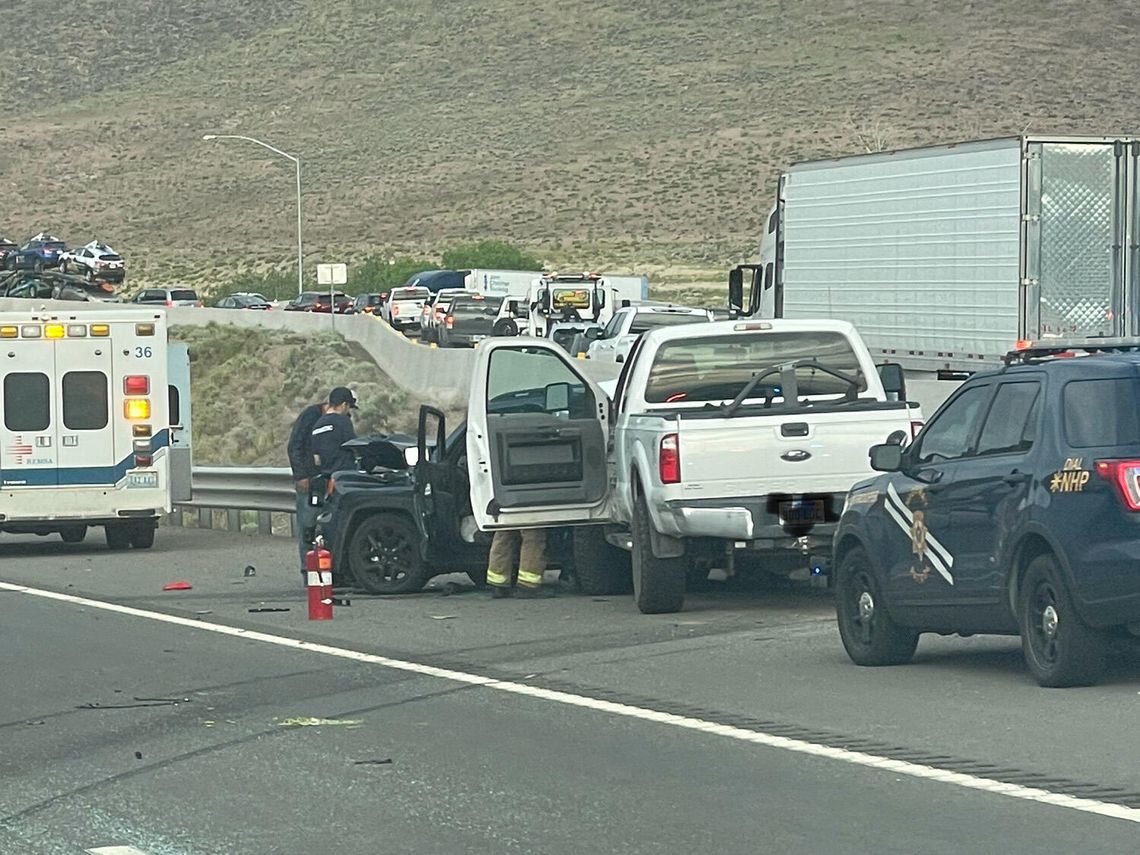
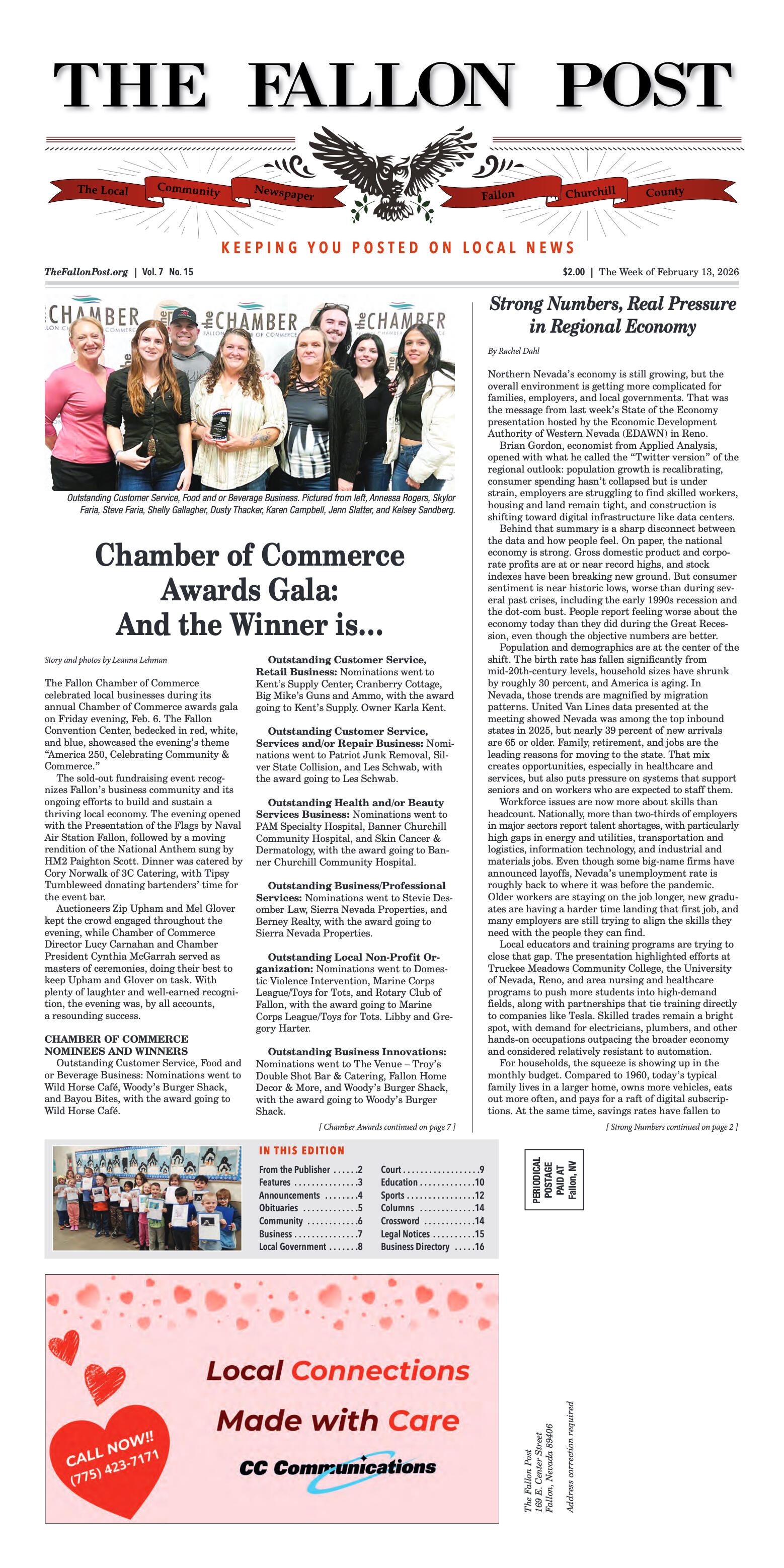
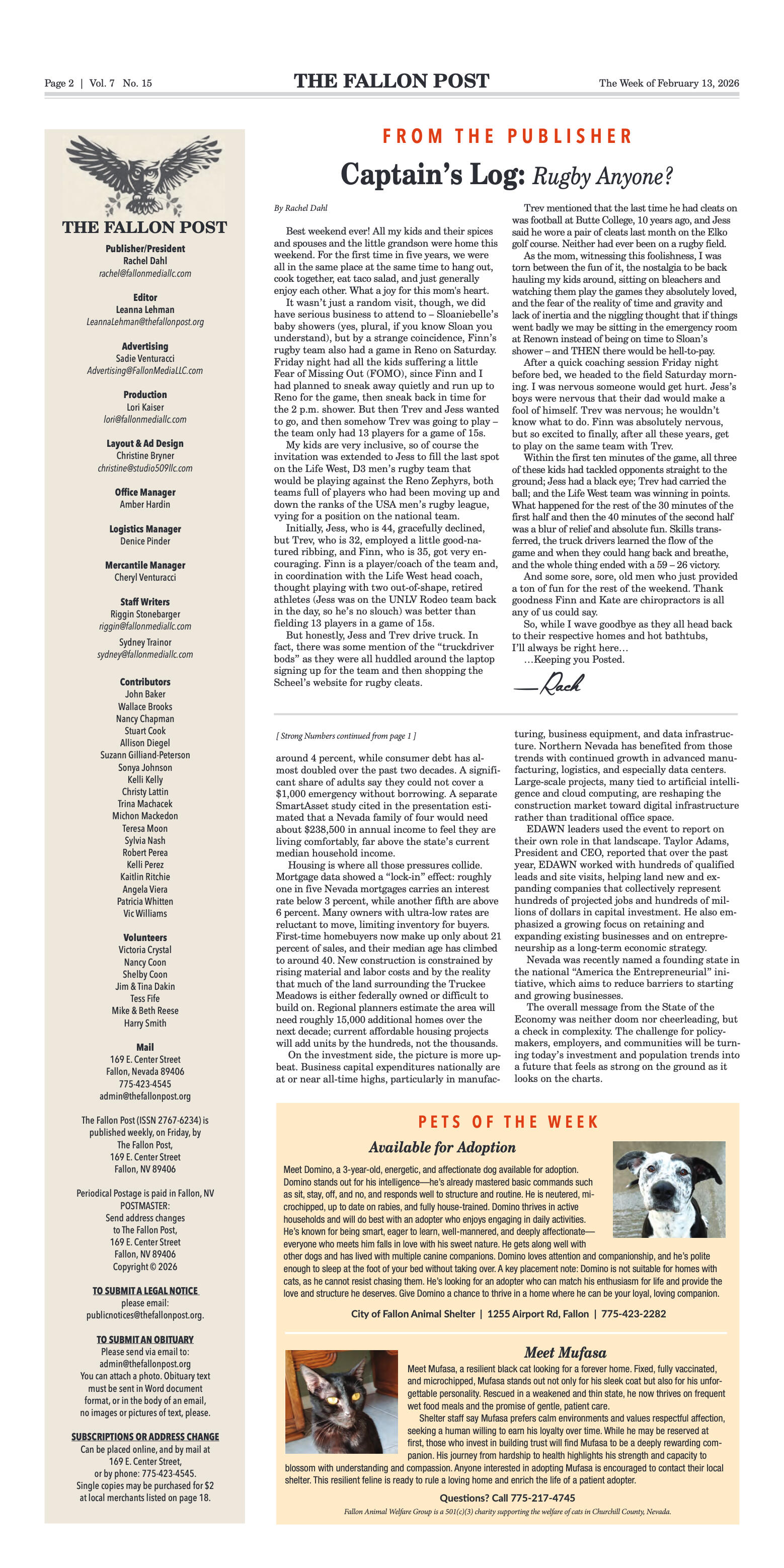
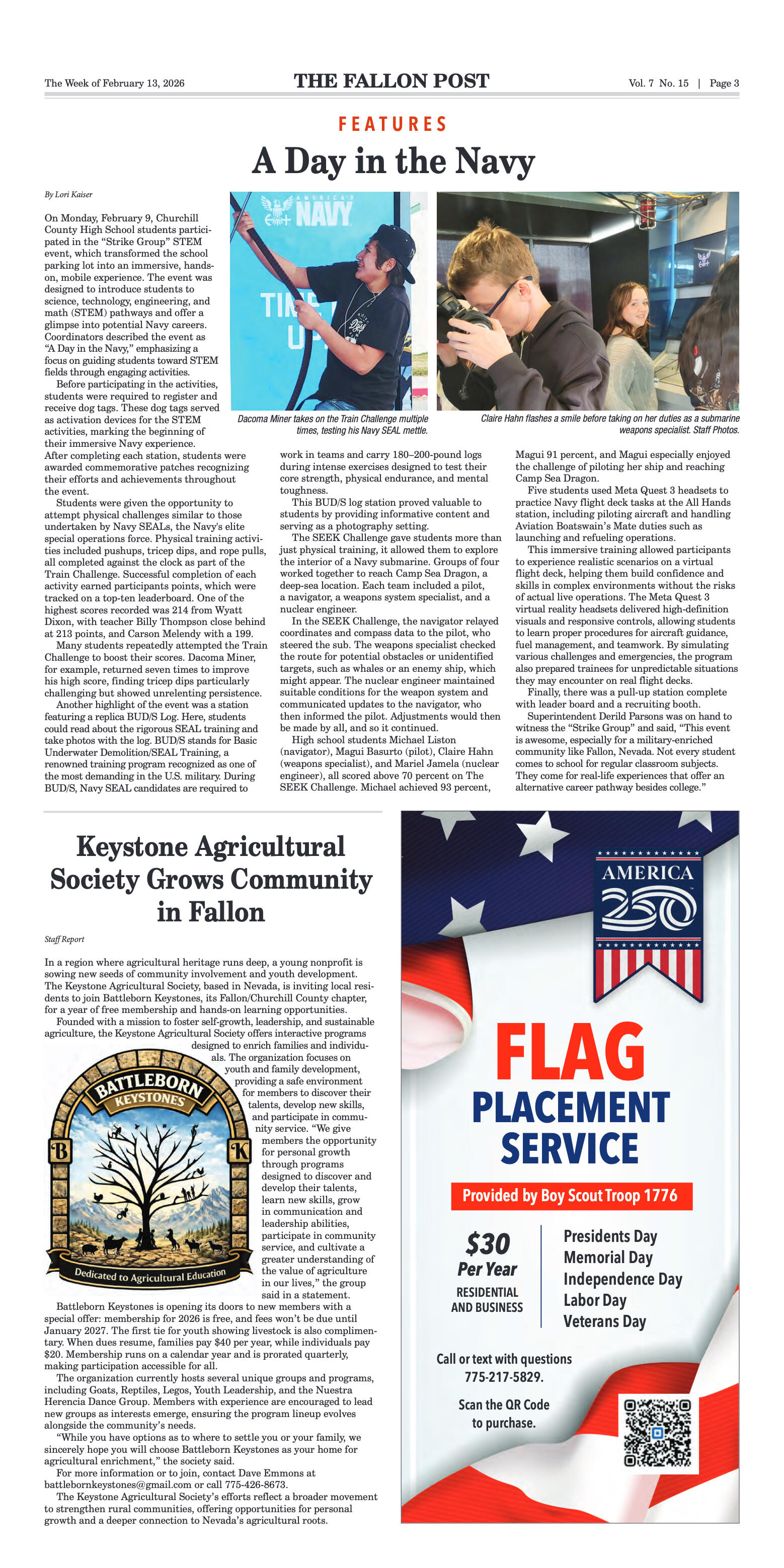
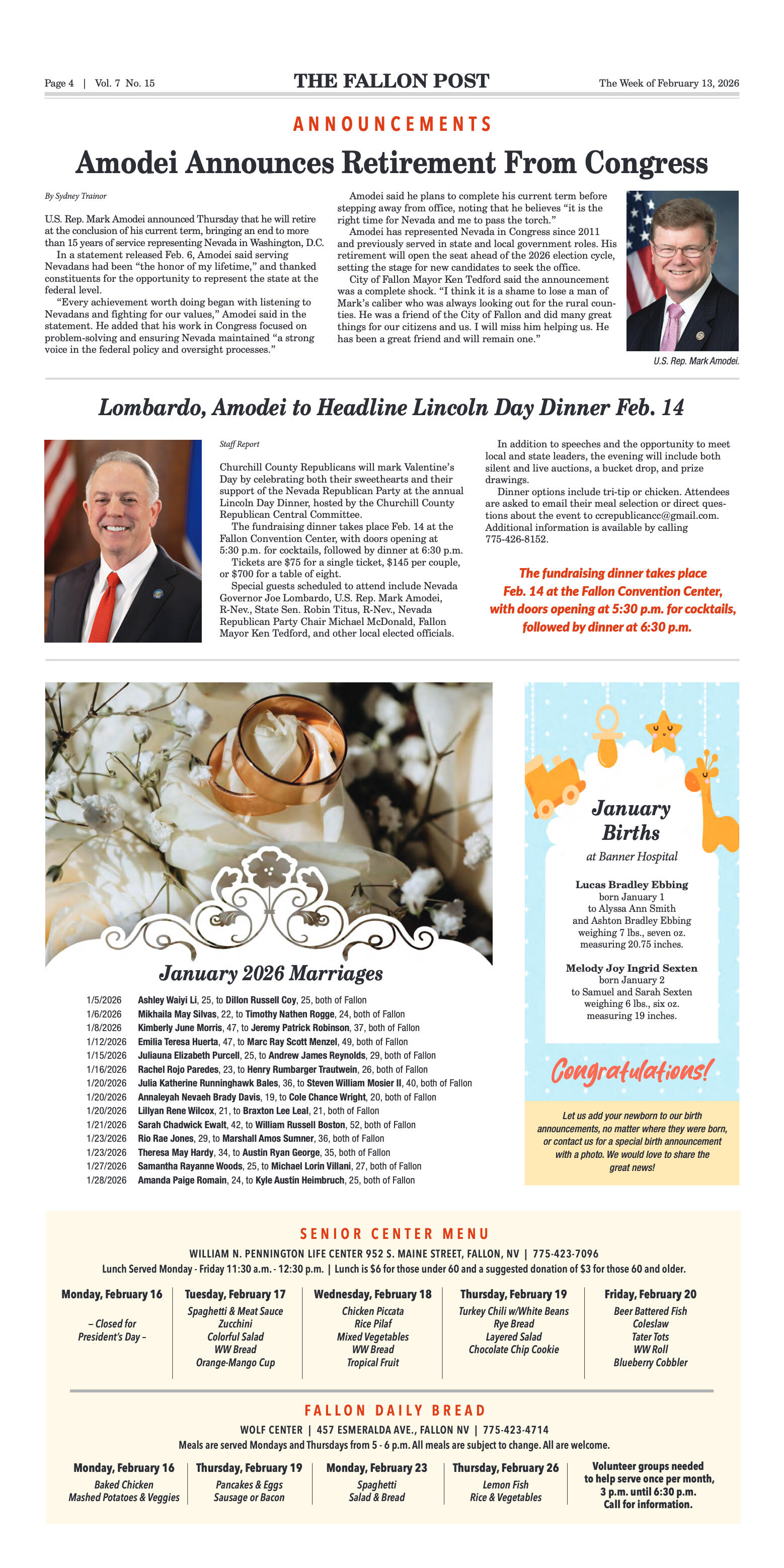
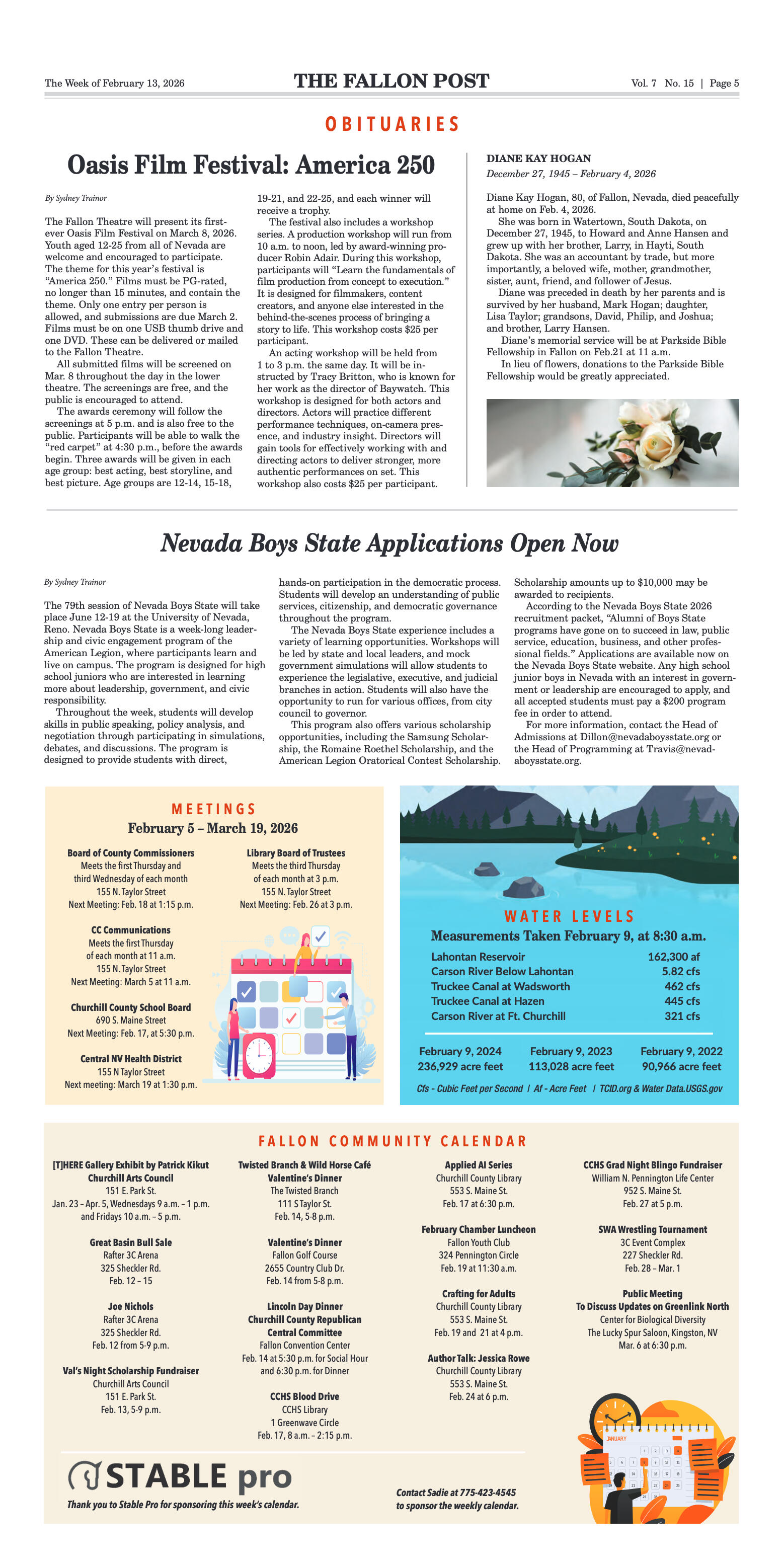
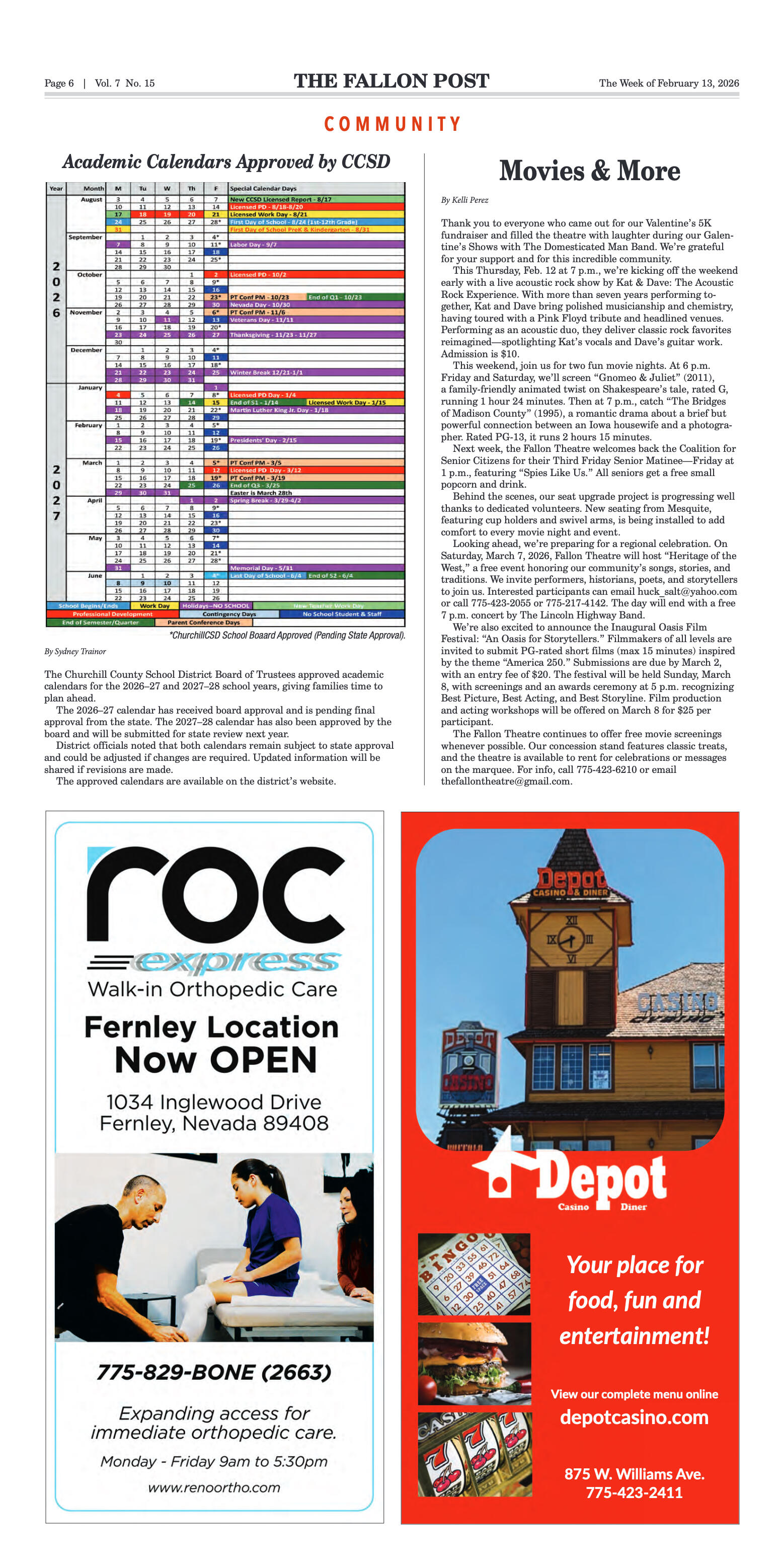
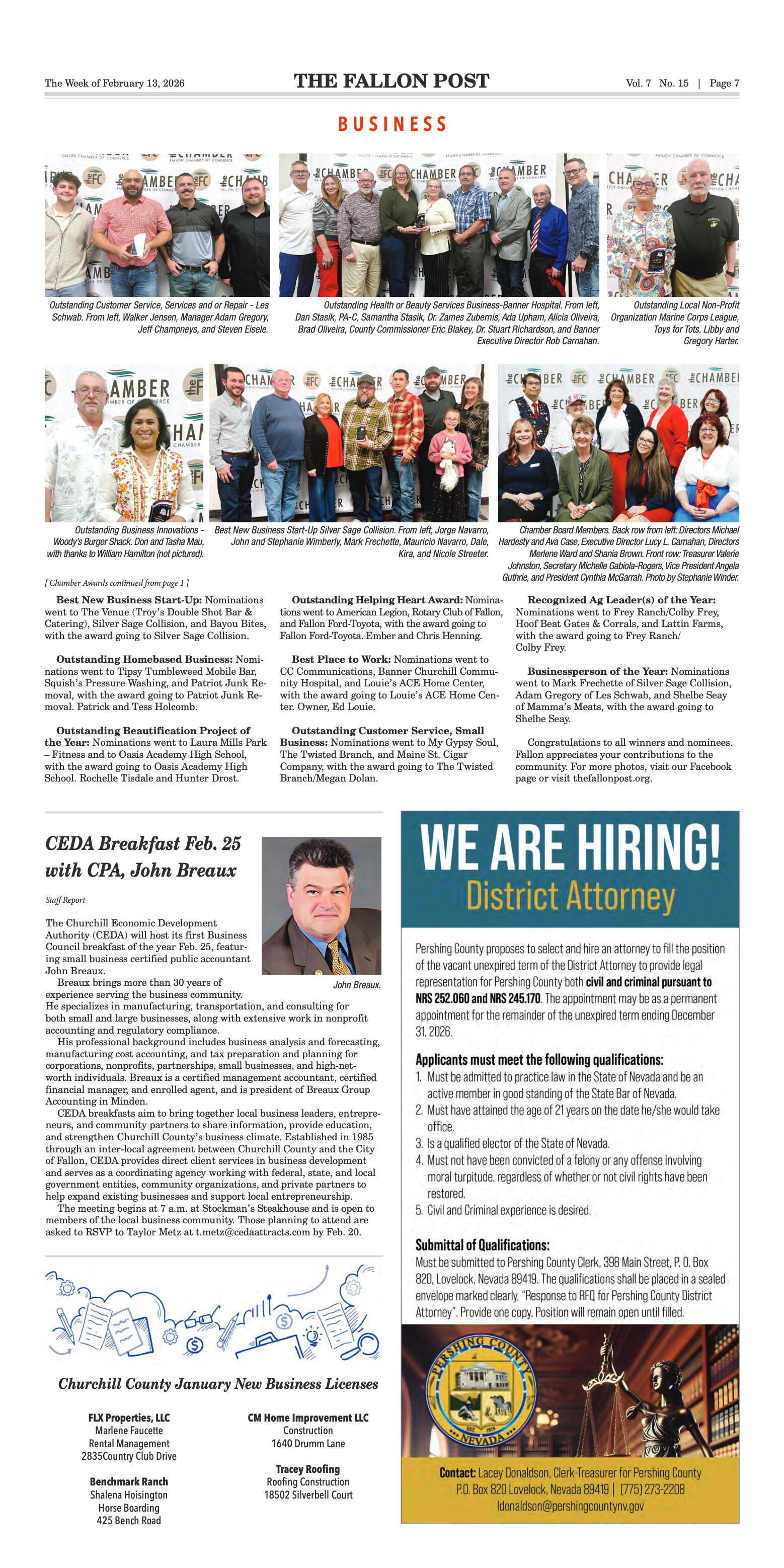
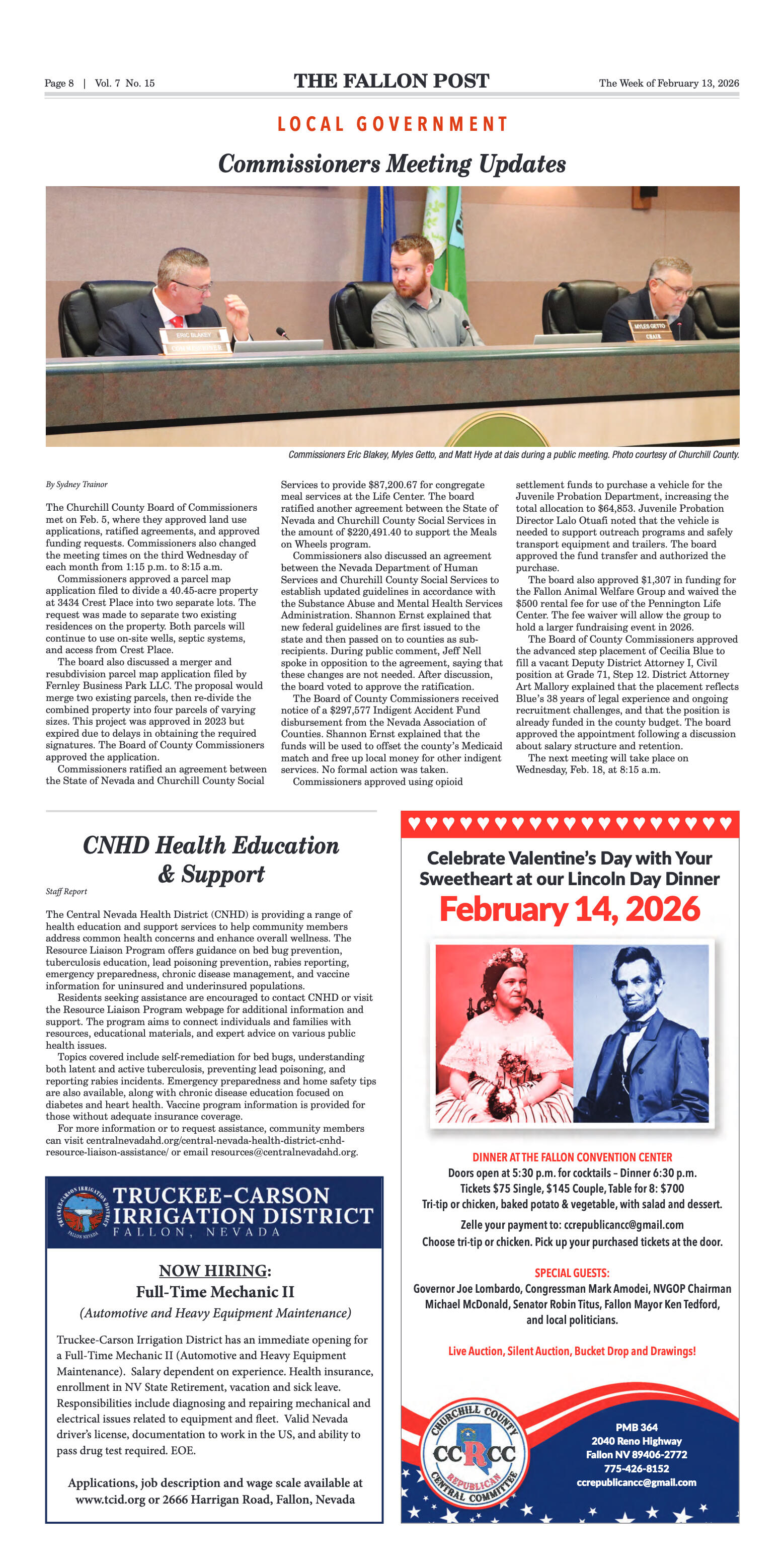
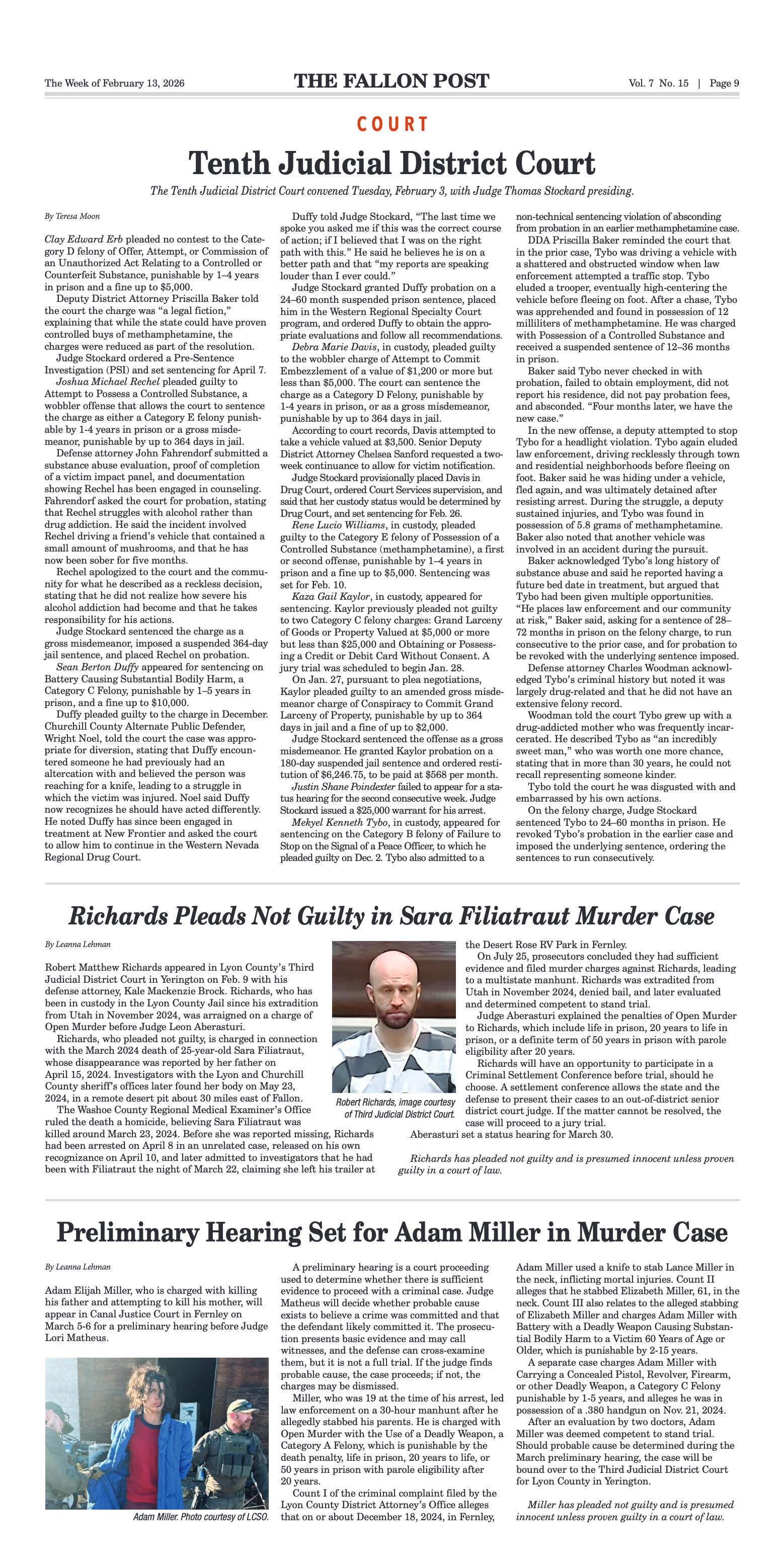
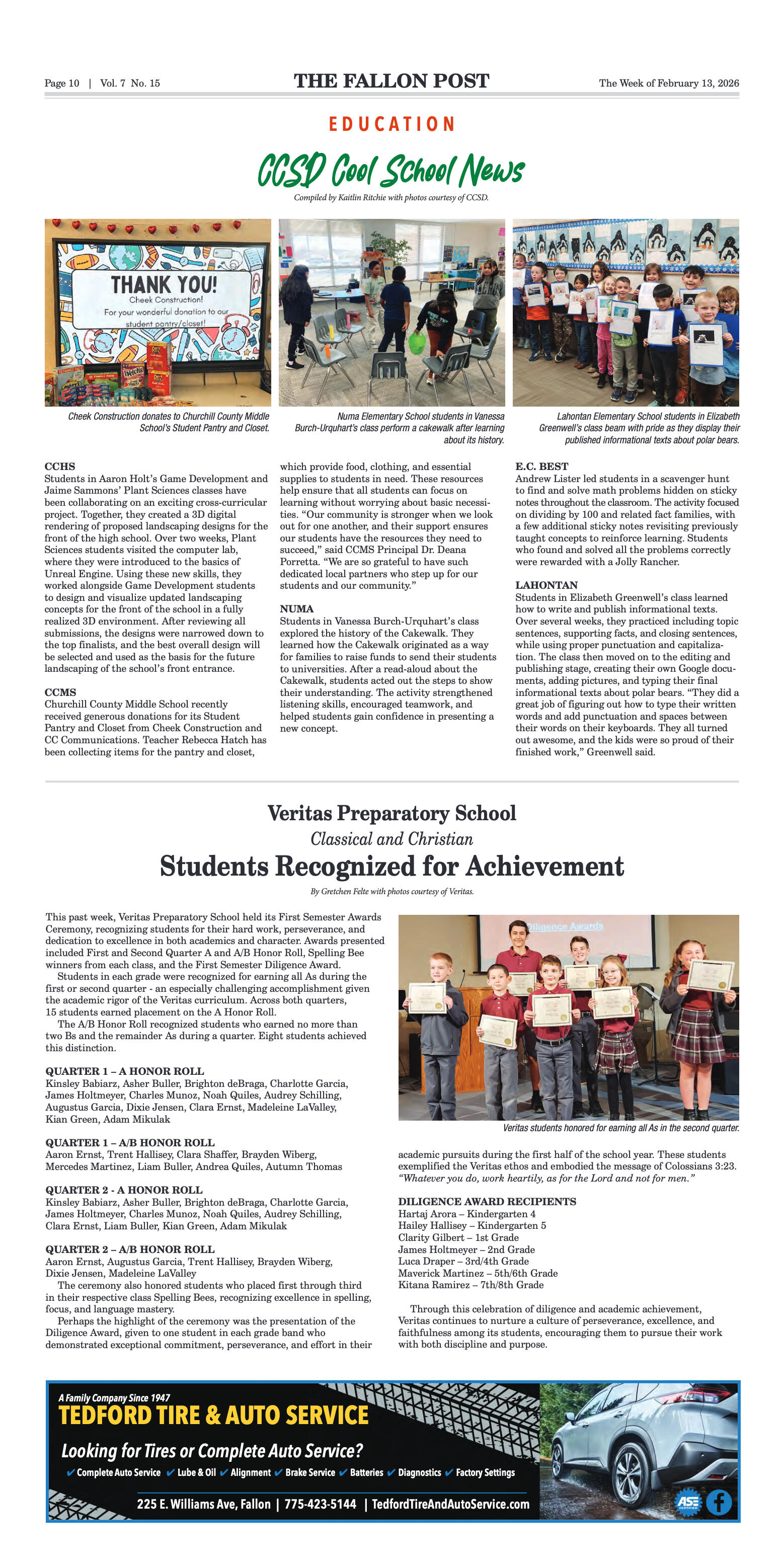
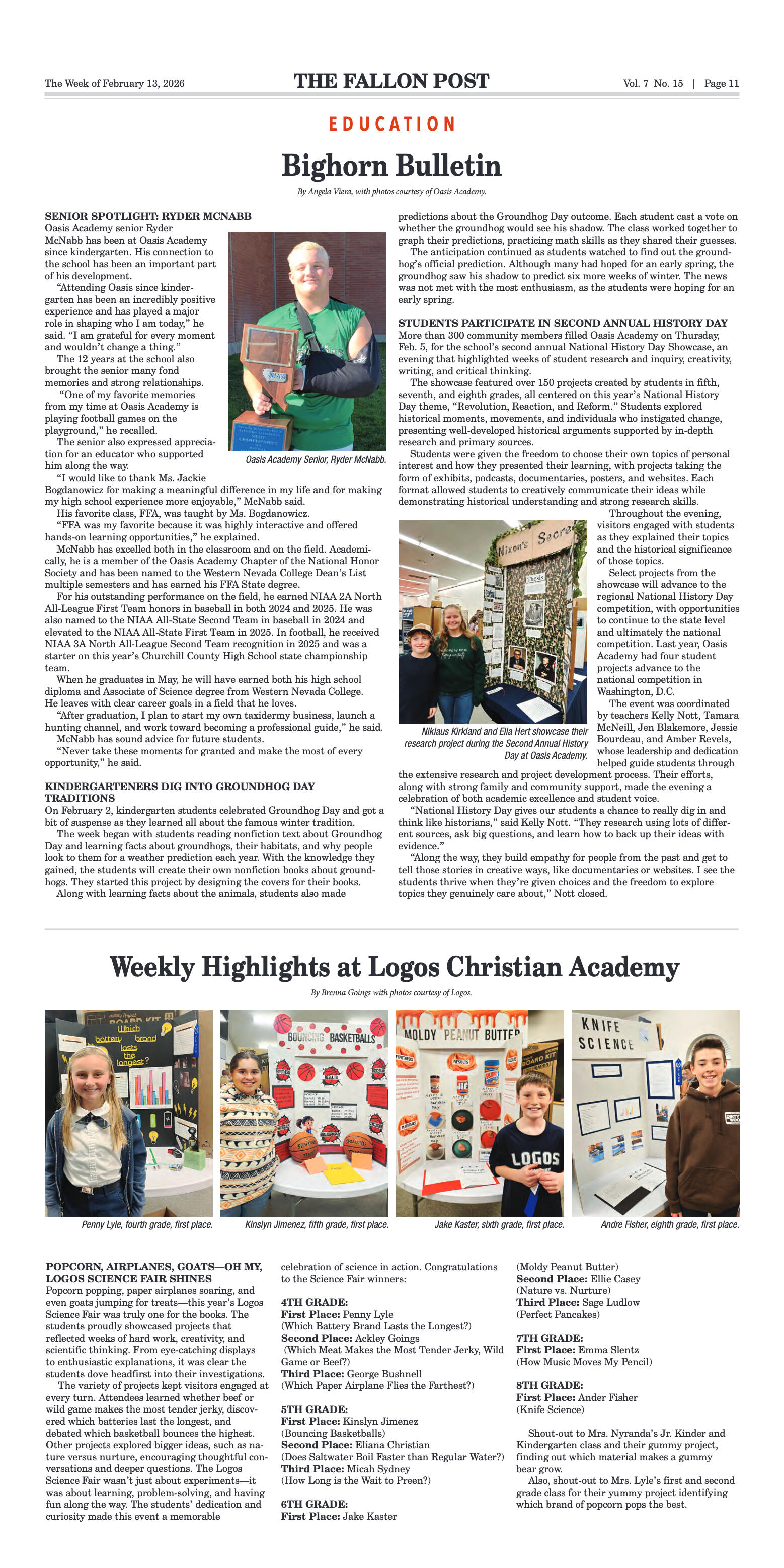
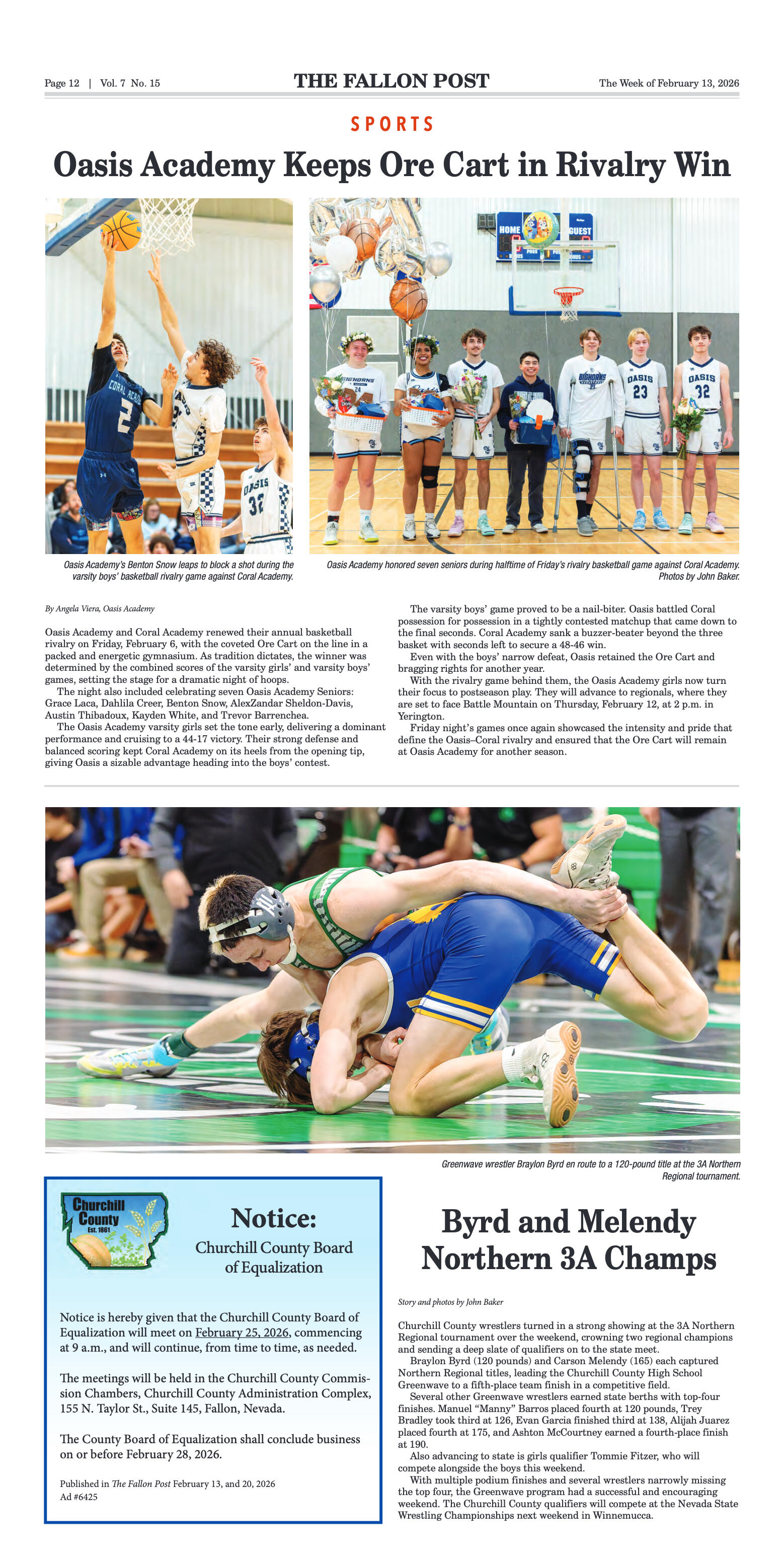

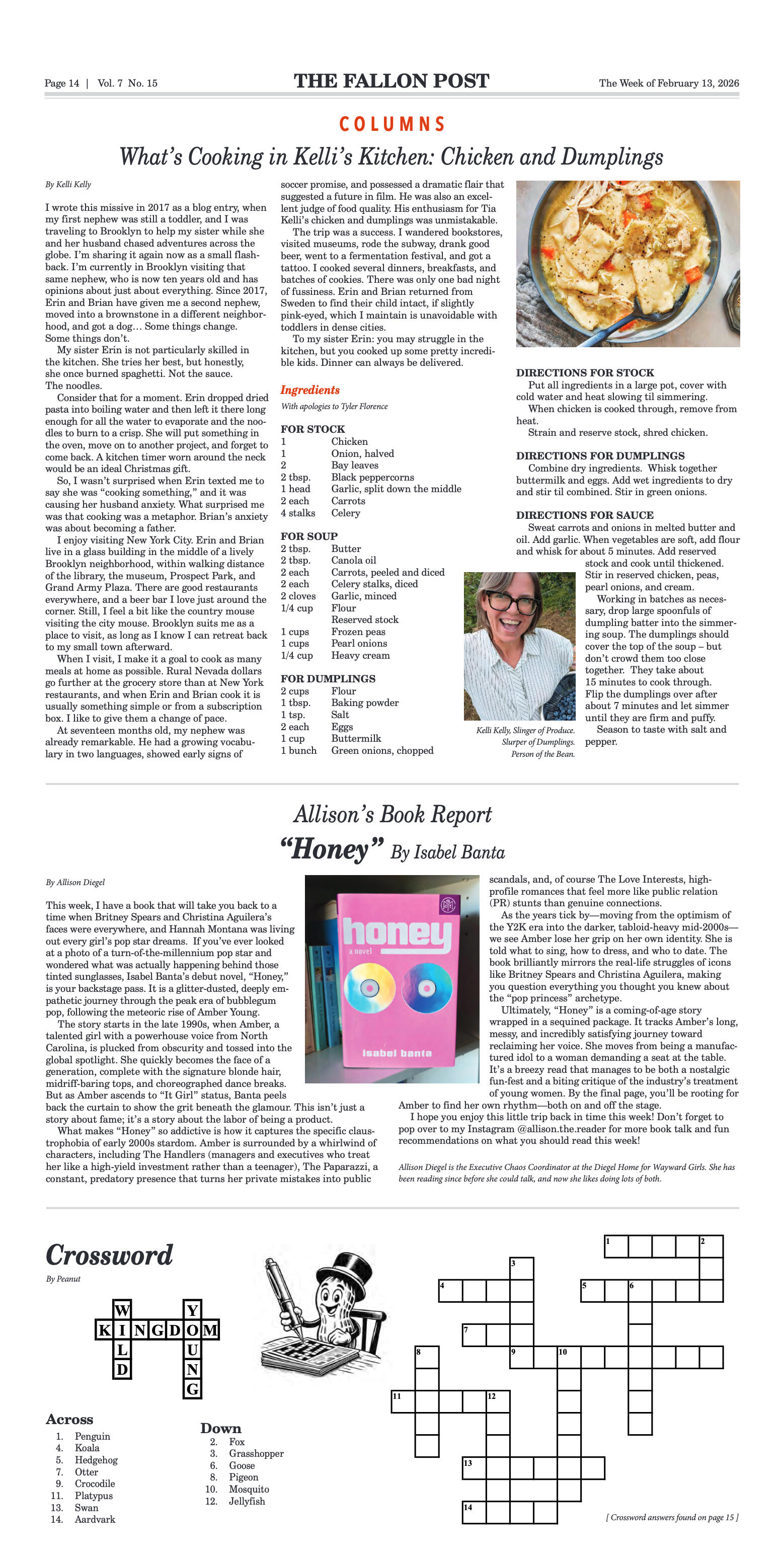
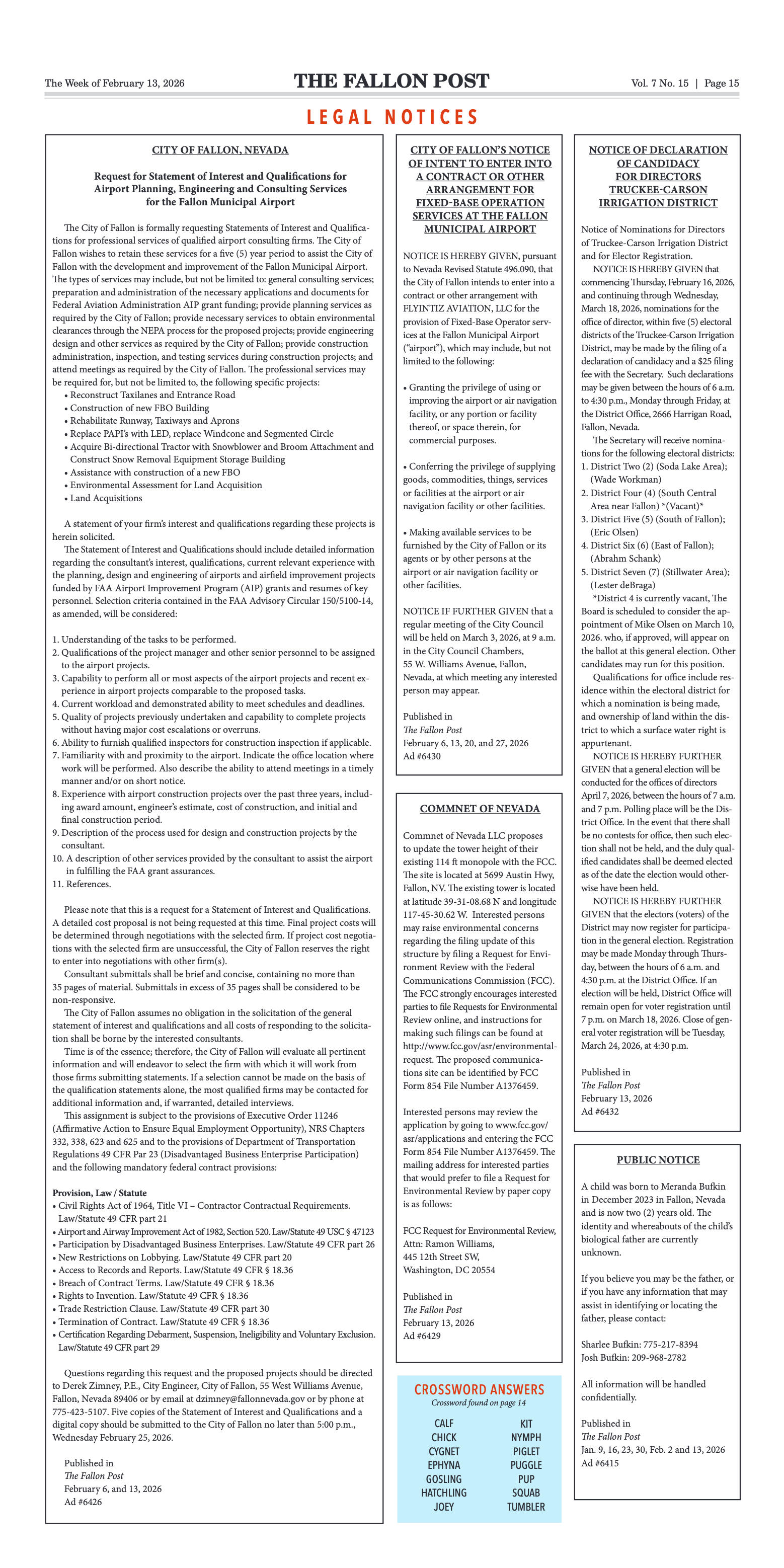
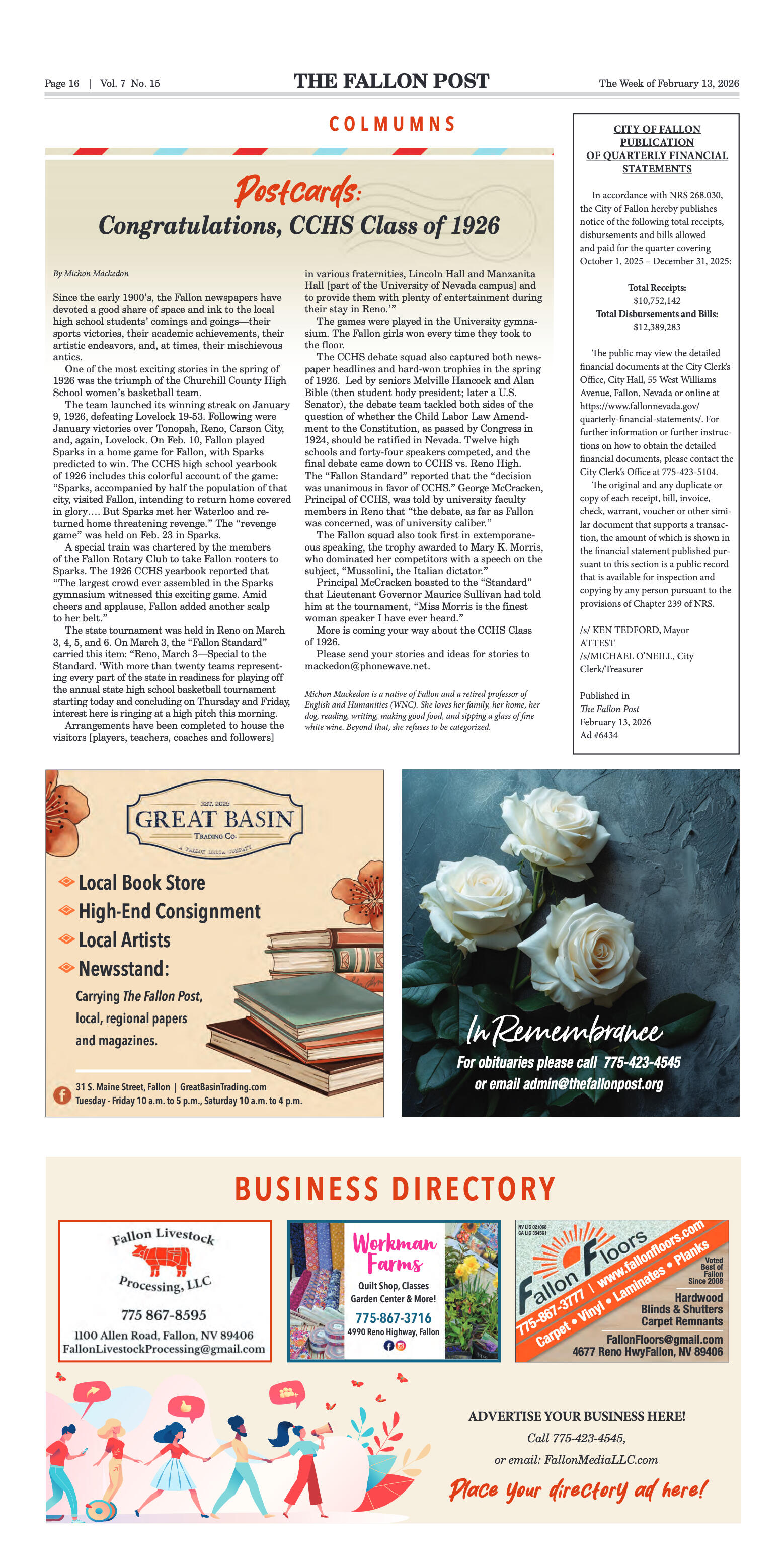




















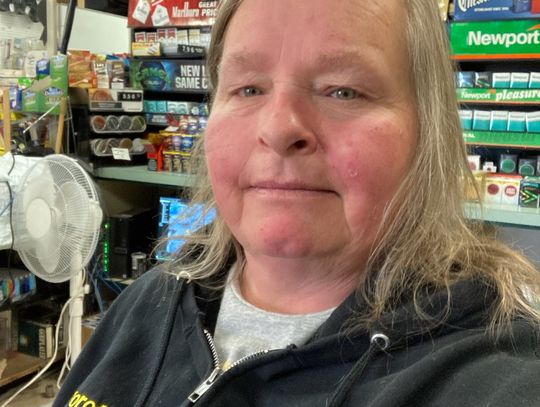
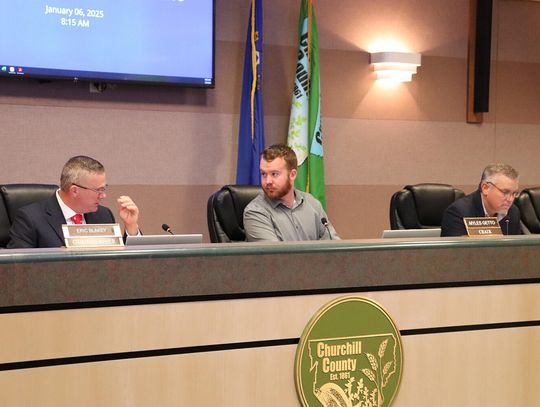


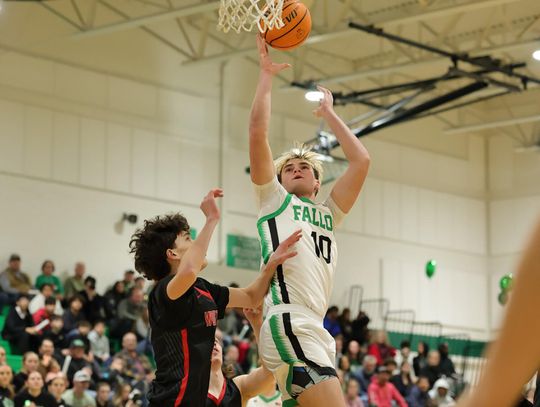

Comment
Comments